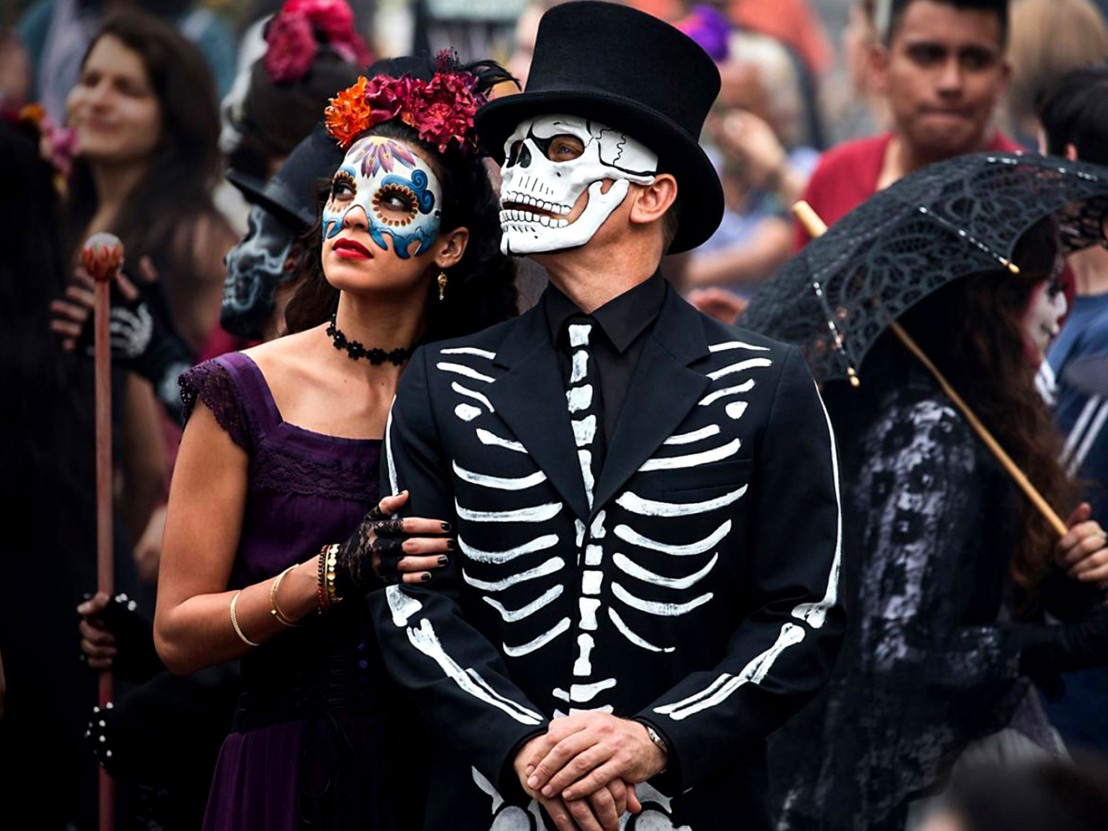
Tom Cruise recently revealed that Japan has introduced a Tom Cruise Day to celebrate his role in The Last Samurai, telling The Graham Norton Show that “they started studying their own culture again” in reference to the reintroduction of bushido into the national curriculum. Now it transpires that the film industry has stamped its mark on another cultural tradition, with Mexico City recently hosting its first Day of the Dead Parade as inspired by Spectre.
The memorable opening scene sees Bond blend into the masked swell of locals painted with calavera, the ‘sugar skull’ style trademarked by the Day of the Dead. In the central square, thousands of revellers hoist skeletal puppets and clamour with fun-loving dancers who motion their respects to the dead. It’s a satisfyingly indulgent spectacle. Only, the scene is pure fiction.
Traditionally the Day of the Dead ceremony is held to honour loved ones that have passed, and the addition of a blockbusting parade has been met with fierce opposition from locals. Esteban Illades tweeted his displeasure: “James Bond filmed here and now we have traditional “dead” parade. Let’s see what happens when Mancera [the mayor] finishes reading ‘The Da Vinci Code’.”
This doesn’t mean the parade wasn’t a success, though. Bond imagined a street party of thousands, and thousands appeared, comprising costumed entertainers, acrobats, dancers and decadent ‘dead’ flotillas. Sparked by the film’s intoxicating flamboyance, the inaugural parade successfully turned fantasy into reality.
Yet the comments of Illades and others demonstrate how Spectre has inadvertently exploited an intimate and introspective tradition. It begs the question: does film have a place influencing real world culture? Or should we strive to protect the integrity of certain traditions by eschewing Hollywood largesse?
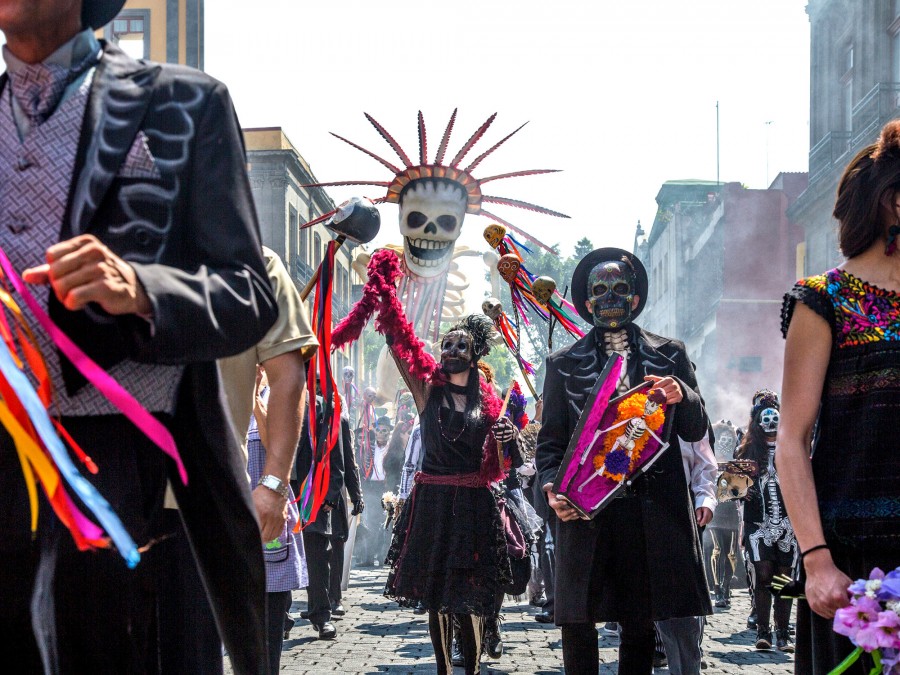
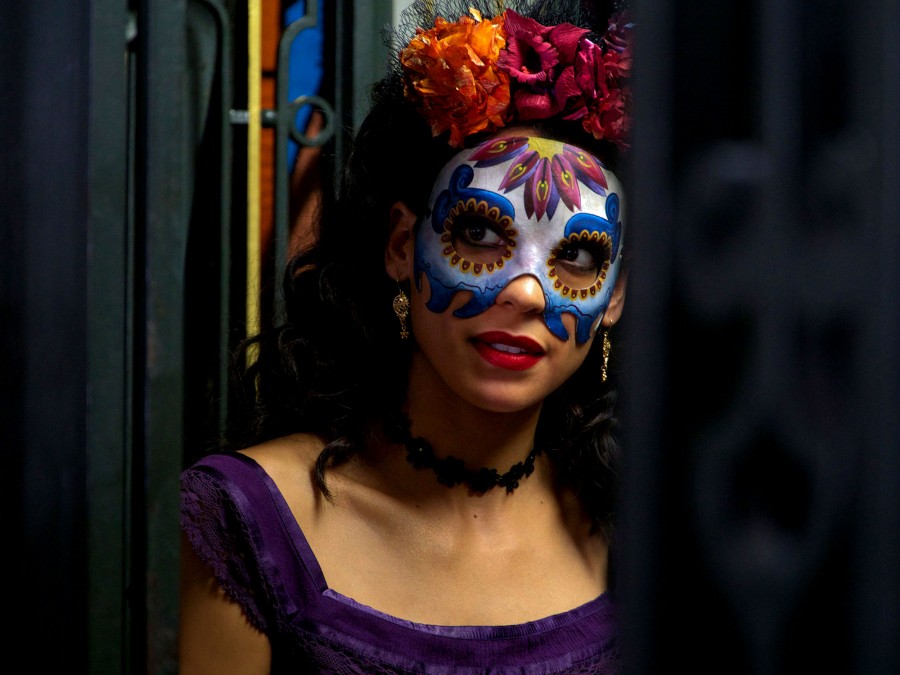
Published 1 Nov 2016
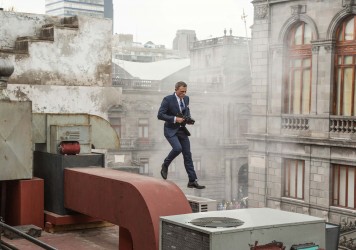
How come there are no people in the world of this new James Bond movie?

Spectre shows just why the franchise needs to rid itself of this antiquated generalisation.
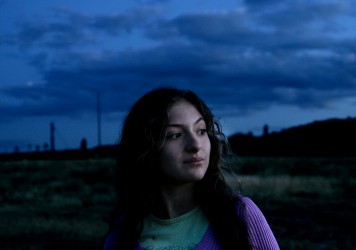
By Matt Turner
Documentary filmmakers Betzabé García and Tatiana Huezo are giving a voice to victims of violent abuse.